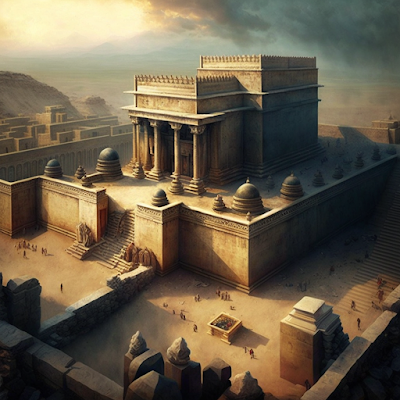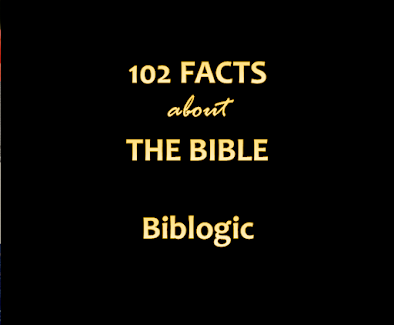The Council of Chalcedon
The Council of Chalcedon was a church council held in 451 AD in the city of Chalcedon (in modern-day Turkey). It was the fourth of the major ecumenical councils, and dealt with the Christological debate over the nature of Jesus Christ.
The council affirmed the orthodox doctrine that Jesus is fully God and fully man, "in two natures, inconfusedly, unchangeably, indivisibly, inseparably; the distinction of natures being by no means taken away by the union, but rather the property of each nature being preserved, and concurring in one Person and one Subsistence, not parted or divided into two persons, but one and the same Son, and only begotten, God the Word, the Lord Jesus Christ." This definition, known as the "Chalcedonian Definition," is still accepted by the Eastern Orthodox, Oriental Orthodox, and Catholic churches.
From a Protestant perspective, the Council of Chalcedon is important because it defined the orthodox Christian doctrine of the two natures of Jesus Christ, fully God and fully human, in opposition to the heresy of Monophysitism, which held that Jesus had only one nature. This council was one of the first to solidify the orthodox understanding of the Trinity and the dual nature of Christ, which is still upheld by most Protestant denominations today.




Comments
Post a Comment